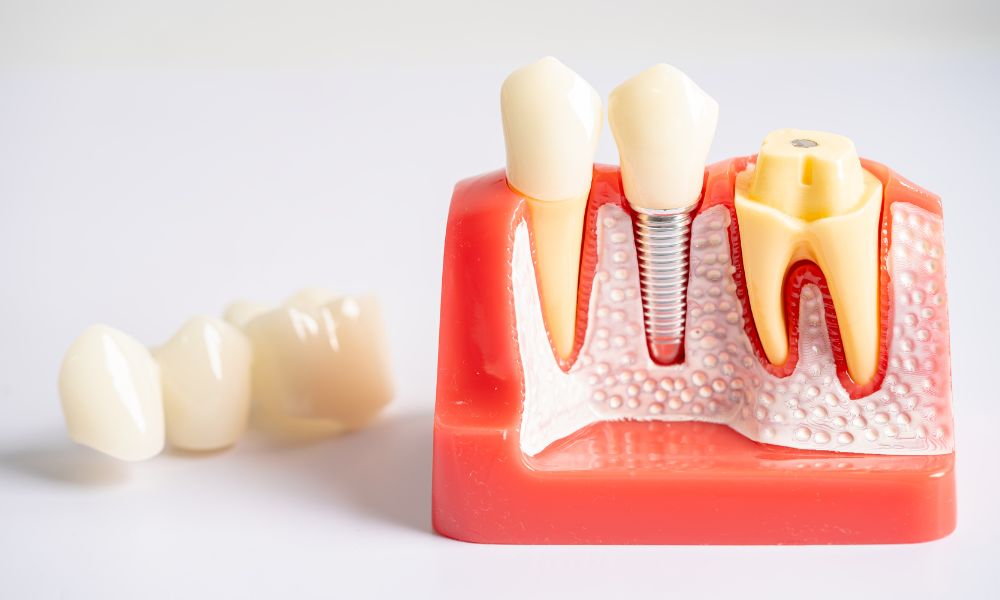Do You Need a Bone Graft for Dental Implants?

The bone graft is a crucial component of dental implant procedures that millions of patients undergo every year. Many patients associate bone grafts with dental implants, which can make them hesitant to follow this treatment path. If you’re looking into dental implant procedures, you may be wondering if you need a bone graft as well. Keep reading to learn more about bone grafts, clarify their necessity, and explore their applications and role in dental work.
What Is a Bone Graft?
A bone graft is a surgical procedure that replaces missing bone tissue with material sourced from the patient’s body, a donor, or a synthetic source. Bone grafting is often necessary when the jawbone has deteriorated due to factors such as long-term tooth loss, traumatic injuries, or certain diseases. This process helps create a stronger foundation for successful dental implant placement and overall oral health.
Importance and Benefits of Bone Grafts
Your jawbone supports your teeth. If you lose a tooth, the root can no longer stimulate and support a healthy bone structure. Over time, this opening can lead to significant bone density loss. Implants need a certain amount of bone to fuse with and depend on a stable, dense bone to support them like natural roots.
A bone graft ensures that the foundation for an implant is sturdy and durable, enhancing the likelihood of successful implantation. Without a graft, the lack of bone density could lead to the body rejecting the implant altogether or cause the procedure to fail.
Cases When You Might Need a Bone Graft
Several scenarios could result in a dentist recommending a bone graft.
- Natural jawbone inadequacy: Some individuals may not have enough bone volume to perform a successful dental implant procedure. Bone grafting can build up the area for the implant.
- Tooth extractions: If you have a tooth removed and don’t immediately replace it with a dental implant, bone loss can occur.
- Periodontal disease: This chronic infection of the tissues and bone that support teeth can lead to bone loss.
- Trauma: Physical injuries to the mouth or face can damage the bone, requiring grafting to rebuild.
While the idea of a bone graft may sound daunting, it’s a straightforward and common procedure. It also significantly increases the success rate of dental implants. If you’re considering a dental implant and are unsure whether you need a bone graft, consulting with a dental professional is the first step. They can assess your specific situation and discuss treatment options, including the potential need for a bone graft. If you’re looking for bone graft dental implant advice from a local dentist, visit us at Gentle Dental Care. Our oral surgery experts can recommend the best course of action for you, whether that requires a bone graft or other steps as part of your dental implant procedure.